Zeid Hamdan is a Lebanese music producer, composer, and singer.
Ziad Rahbani is my father — a father I discovered very late in life.
My adoptive family raised me in a bubble that shielded me from Arabic culture and the Lebanese civil war. At home, they listened to Italian disco, American country, and opera. The books in the library mostly consisted of Elle Déco and Paris Match. The main language at home was French, and so I grew up distanced from Lebanese culture for most of my childhood.
The civil war forced us to flee to France, where I very naturally blended into French culture. But as you know, France never fully digests foreigners. I was always referred to as “the little Lebanese.” It weirdly became what defined me — without me even knowing what it truly meant — until I developed a passion for music and returned to Lebanon.
There again, I was treated weirdly — this time as the “little French guy.” At school, instead of Arabic lessons (since I was mediocre), they allowed me access to the music room, where I could develop my musical expression. I made oriental rock like a French tourist would.
My first release in 1994 was called “Lucy”, an EP where the first version of the song Lost translated my cultural dilemma — lost in gold with a deep wound. Around that time, Yasmine Hamdan and I had freshly met, and we were experimenting with Portishead, PJ Harvey, and Björk — blending it with our own experience.
Luckily, a person called Philippe Tohmé noticed my band, The Lombrix, and proposed to produce us. Philippe happened to be Ziad Rahbani’s sound engineer. It was 1996, and I was 20 years old — still unaware that Ziad Rahbani was my real father.
We entered a secret basement near the American Hospital in Beirut. In the center of this extremely elegant space stood a black grand piano, surrounded by all the equipment a child could dream of. “This is Ziad Rahbani’s studio,” said Philippe, puffing on his wooden pipe filled with Lebanese spices.
Recording oriental rock in such a temple quickly became irrelevant. The following month, Yasmine was quick to steer our work toward Arabic. We were joined by Rabih Mroué and Walid Sadek, who began influencing our music in a magical way. It was so genuine, so unique — and mostly, so familiar. Arabic suddenly felt like the only possible language we should focus on.
We wrote songs with Rabih and Walid like Cheftak, Leh Zaalen, and Wadih. I was amazed at how simple and beautiful Lebanese slang sounded. It was truly magical. I sincerely believed we were creating a new Lebanese post-war era — a genuine way to write Arabic music.
At that time, most bands around us were playing hard rock or heavy metal. Rap was still in its very shy beginnings.
To be really honest, my relationship with Ziad Rahbani then was mostly personal and negative. He was paranoid toward the work Yasmine, Philippe, and I were doing. He suspected we recorded secretly in his studio at night without paying. He was also really curious about Yasmine, and had even tried to discourage her from working with me — calling her home and speaking to her parents, telling them I was a drug addict.
So, just as I had done throughout my childhood, I remained shielded from Ziad Rahbani’s work.
But the early Rahbani legacy and Fairuz’s immense aura began to filter in as Yasmine and I started digging and sampling classical Arabic music. It became difficult to ignore such a giant.
Still, Ziad’s sound was too modern to attract me as a producer — I always seemed to miss the essential while exploring his records. I focused on the musical style and sound rather than really listening to his words. That must’ve been because of the childhood shield my adoptive parents had built around me.
Then one day, there was a powerful revelation.
A Lebanese company called Now had bought the rights to Ziad Rahbani’s work and was screening a remastered version of “Film Ameriki Tawil” in the theater. I was invited. And I finally met my father.
I laughed, I cried. I was in a state of ecstasy for two hours.
A revelation — a very late one — that this man had shaped the Lebanese way of talking. In that film, I recognized Rabih, Walid, Yasmine, the taxi driver, the policemen, the seductive girl.
The shield broke.
I realized all my clumsy attempts at expressing myself in a language that was mine — in its unique complexity — had already been crafted by Ziad Rahbani.
Walking out of that theatre, I understood that I had found the greatest Lebanese artist to look up to when trying to express my true identity. I had found my father.
Since then, I’ve been carefully listening to his songs, and I sincerely love this man — beyond his crazy behavior. I write lyrics with him on my mind:
How would Ziad have written it?
He made Fairuz sound cool.
He made every collaborator sound cool.
Through Yasmine Hamdan, Rabih Mroué, Walid Sadek, Issam Hajali, Toufic Farroukh — I recognize an honest influence. He made me sound cool.
And even though, from this perspective, I feel ashamed of my early writings…they were a necessary path to finding him.





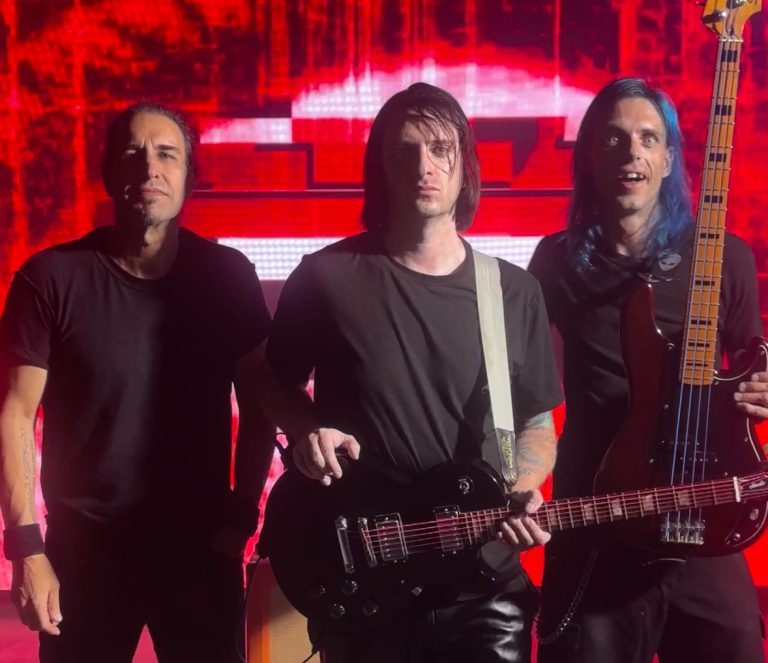
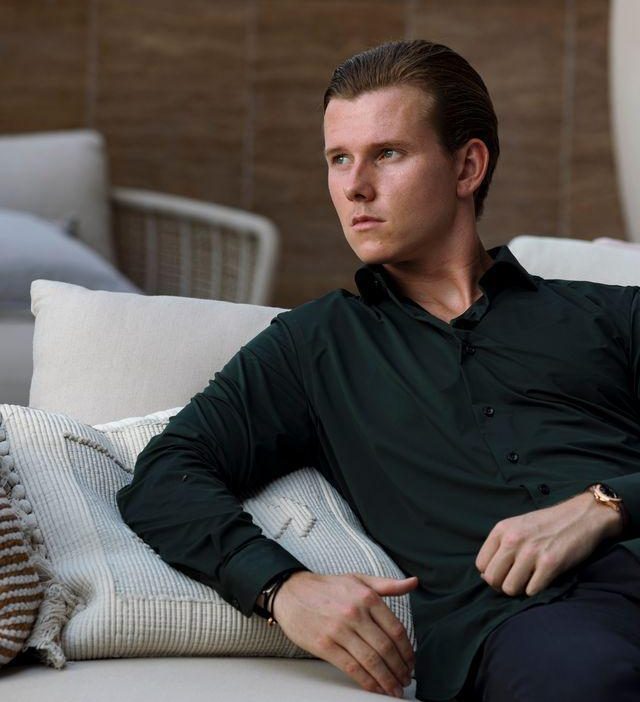

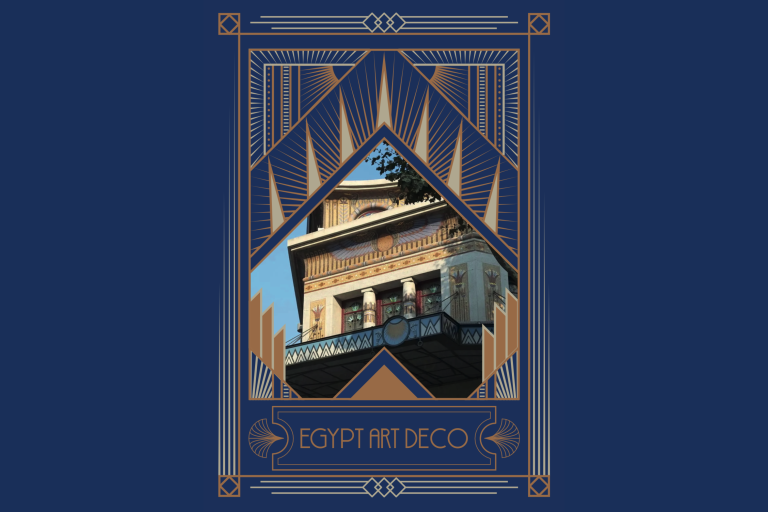
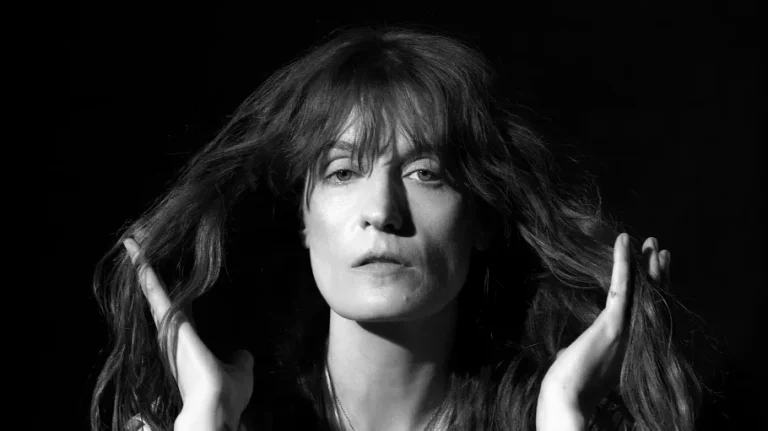
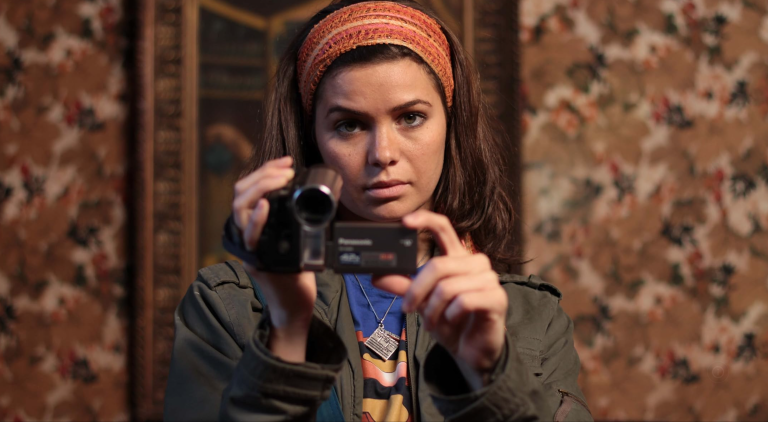

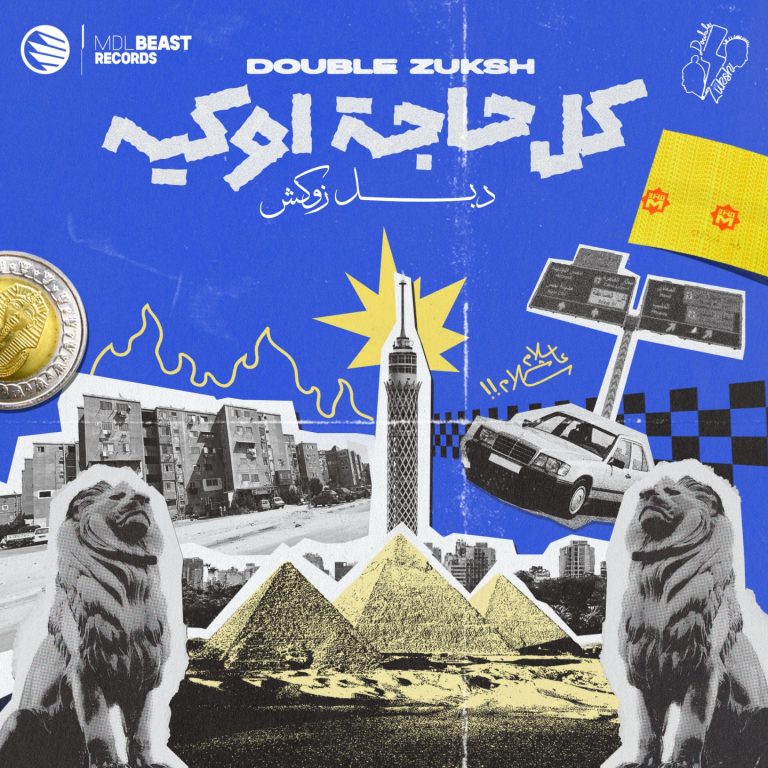

Trump’s Gaza Plan Mustn’t Follow His Record on Women’s Rights
Trump’s 20-points Gaza peace plan shouldn’t repeat his domestic failures on women’s health, education, and rights.